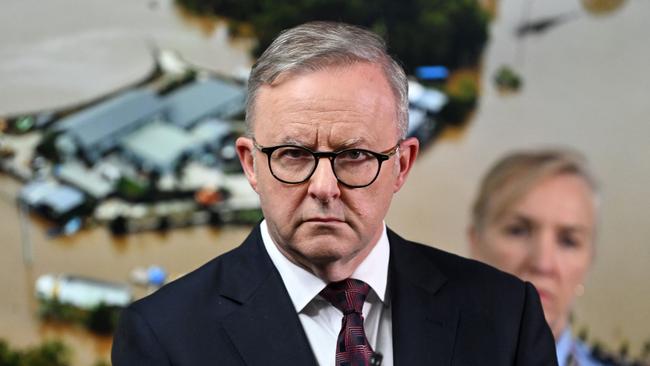
The test here goes to character. What is Labor’s true character? Anthony Albanese’s elevation of the voice referendum as a central theme of the first term left his government ideologically alienated from Middle Australia. Yet Labor now faces Middle East challenges where Australia’s foreign policy is marked by conflicting messaging, its domestic management has been feeble in the teeth of intense community divisions and Labor is now openly agonising over a US request to commit a warship to support maritime security in the Red Sea.

In October US President Joe Biden visited Israel as a show of support in its war against Hamas; the Albanese government has kept as far away from Israel as possible.
Last week Labor changed Australia’s position on a decisive vote in the UN General Assembly aligning with 152 other nations supporting an Arab nation resolution calling for “an immediate humanitarian ceasefire” – a resolution, given its wording, that was manifestly pro-Palestinian.
This week US Defence Secretary Lloyd Austin announced an international US-led campaign to protect commercial shipping in the Red Sea against attacks from Iran-backed Houthi rebels with a long list of participating nations – but not Australia. Labor reportedly is thinking of sending some military personnel instead.

What is going on? Previously such a decision by Australia would have seen a quick acceptance. Is Australia saying no on strategic grounds to its participation or, equally incredibly, is Labor saying we don’t possess the naval capability? This needs to be quickly sorted.
A substantial rift has now opened between Labor and the Coalition over Middle East foreign policy, over anti-Semitism at home and potentially over the naval deployment issue. This suggests national security differences may become more significant than anticipated.
The heart of this issue goes to Labor’s changing political and strategic character. Labor’s once-strong support for Israel has eroded, a process facilitated by the extreme stance of the Netanyahu government and its current military tactics. At the same time Labor responds to rising Muslim populations in ALP seats marked by their intense views on the Middle East. Finally, Labor seeks an Australian strategic reorientation away from the Middle East to the Indo-Pacific.
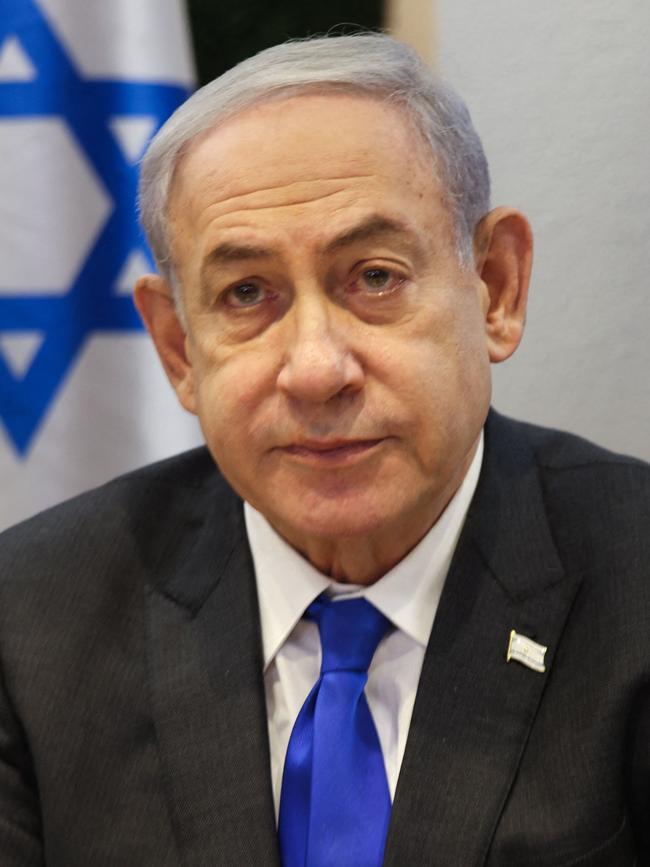
The Israel-Hamas war has seen the eruption of these intersecting trends with the Albanese government caught in an unconvincing series of adaptations.
Labor’s domestic trauma has been a pitiful display. Over 10 weeks it has been dodging and weaving on the domestic front with the government reluctant to address growing anti-Semitism in its own right, senior ministers defending actors making pro-Palestinian gestures on stage, and Industry Minister Ed Husic making the extraordinary claim that people in Australia supporting the Palestinians were facing “our generation of McCarthyism” – a reference to the vicious political witch-hunt in the US in the 1950s when people had their lives damaged on the often false accusation they were pro-communist.
The McCarthyism claim borders on the ludicrous. But such claims that pro-Palestinian people are being “professionally black-listed” and victimised is an insight into both Labor divisions and rising sympathy for the Palestinian cause now entrenched in the Left of the ALP.
The upshot is that Labor is continually rebalancing its messages. This week began with the Prime Minister on Monday morning on the ABC, condemning anti-Semitism and declaring that attacks on Jewish businesses in this country needed to be opposed.
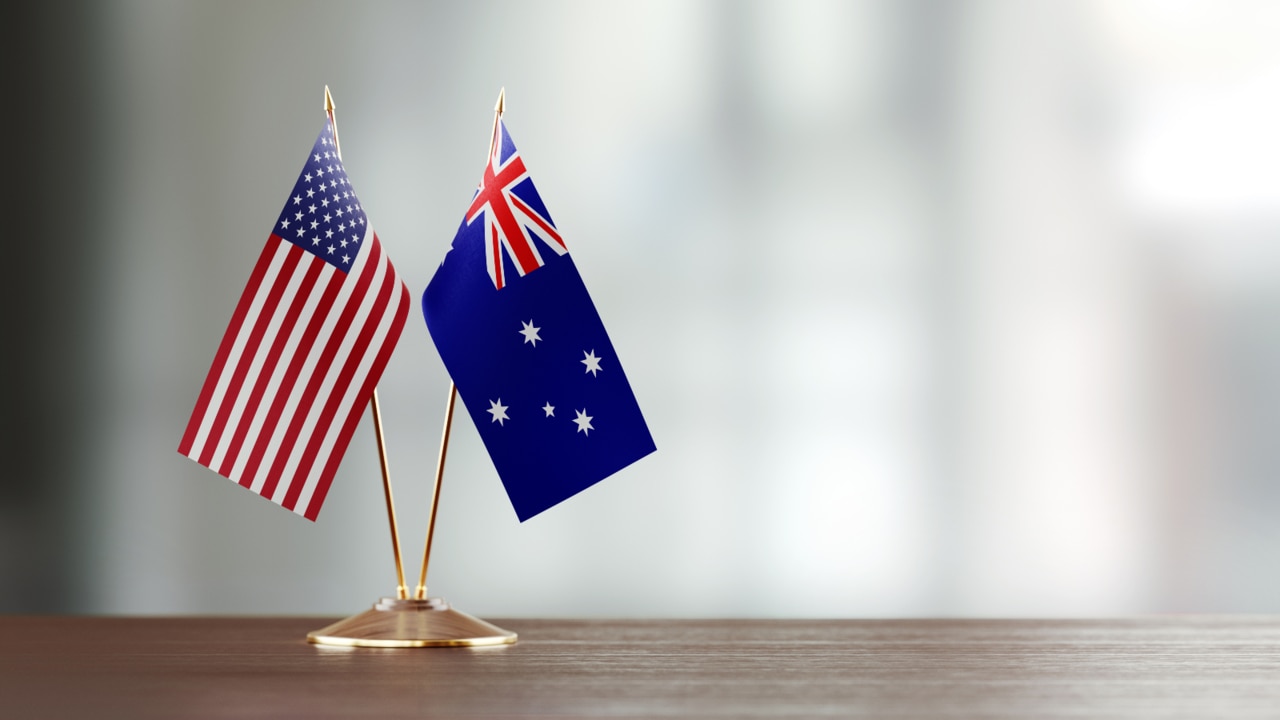
Labor’s vote in the UN General Assembly was a serious mistake. It confirms that Labor speaks with two voices on this war, depending on the audience. It acts and talks like a government seeking to appease rival domestic constituencies – the Jewish community and the pro-Palestinian movement.
The resolution, couched in humanitarian terms, was Hamas-free. But it said there should be an “immediate and unconditional” release of hostages. It made no criticism of Hamas, its massacres that ignited the current war, the need to dismantle Hamas as a terrorist organisation and to banish it from any political authority in Gaza post-conflict.
The resolution’s passage reveals a decisive shift in global opinion against Israel and the US on this issue. With this UN vote, Australia became part of that shift, the key ministers behind this decision being Albanese and Foreign Minister Penny Wong.
Israel and the US voted against the Arab resolution. A total of 23 countries abstained including Britain, Germany, Italy, the Netherlands and Ukraine. Australia supported the resolution rather than abstain, a shift in its position from earlier in the war. Attempting to explain Australia’s position, Wong said Australia would have preferred the resolution to criticise Hamas.
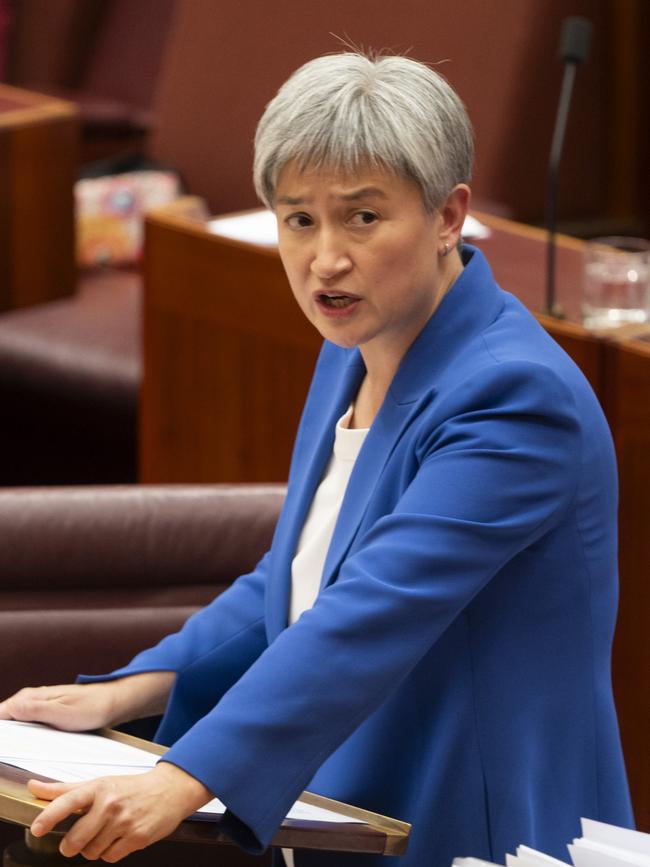

At almost the same time Albanese joined with the prime ministers of Canada and New Zealand, Justin Trudeau and Christopher Luxon, in a far better judged statement – differing widely from the UN resolution – that condemned Hamas, said it had “no role” in Gaza’s future, but called on Israel to respect international law and endorsed another pause in hostilities leading to a sustainable ceasefire.
This joint statement was obviously designed to provide political cover and offset the flawed resolution that Australia supported at the UN.
Australia is two-faced on the war depending on the audience. The Executive Council of Australian Jewry and the Zionist Federation of Australia said our UN vote had “created uncertainty and confusion, and is a departure from the clearly principled position that Australia adopted” following the Hamas attack on October 7.
They said: “The Australian government cannot have it both ways. Either it stands by its position in the joint statement that recognises that Hamas must be removed from power and return all hostages or it supports a ceasefire which would allow Hamas to remain in power and deliver on its promise to repeat the attacks of 7 October at the earliest possible opportunity.”
Majority ALP opinion presumably thinks this UN vote is a prescient decision. At some point, there will be a ceasefire, driven mainly by US pressure on Israel. Sooner or later the Netanyahu government will be driven to a backdown.
In his speech to the Lowy Institute on Tuesday night Albanese called on Hamas to “lay down its arms”. Yet Australia votes for a UN resolution that means it won’t need to lay down its arms. Labor says Hamas has no future role in the governance of Gaza but wants a halt to the campaign designed to terminate Hamas’s control of Gaza.
Australia’s stance is loaded with hypocrisy.
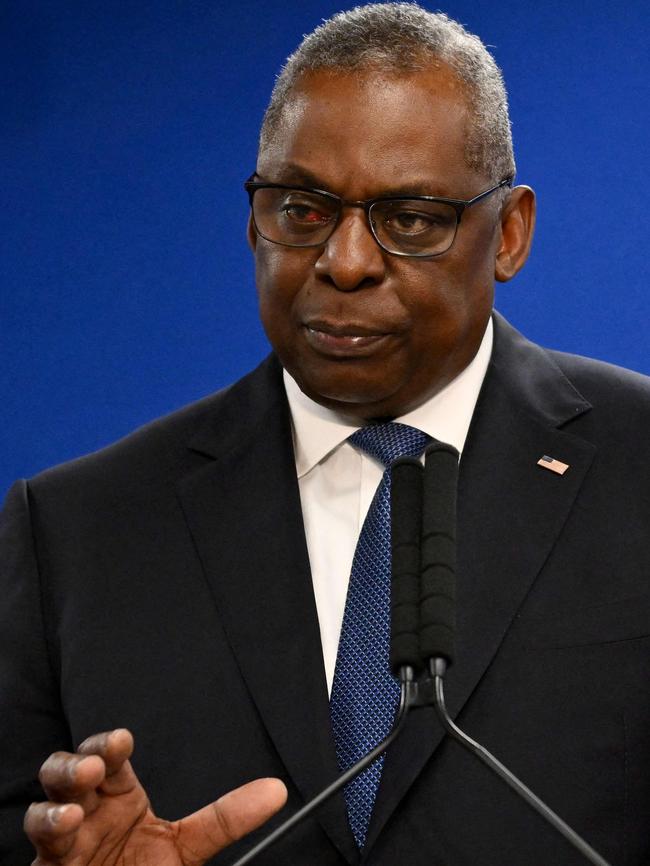
Opposition foreign affairs spokesman Simon Birmingham, who recently visited Israel, said Hamas must be removed and that “no country could live with such a nearby threat”. He said Australia’s UN vote showed Labor had “gone to water” and that if Israel followed the vote Australia endorsed then Hamas would regroup to fight again. Birmingham said the only sustainable ceasefire was where Hamas released all hostages and agreed to “surrender” its terrorist leadership.
On the Red Sea commitment, Albanese said this was not a “government-to-government” request.
Defence Minister Richard Marles says Labor’s priority is our immediate region. Marles says this issue is “separate” from the AUKUS agreement under which Australia will acquire Virginia-class nuclear-powered submarines from the US.
Is Labor fooling itself? It is absurd to think these differences between Australia and the US will not be registered and assessed in Washington. And is Labor fooling itself on the domestic front? The Australian public clearly dislikes the high civilian death toll from Israel’s military campaign.
But many Australians see the pro-Palestinian demonstrations in the streets, the campaign by teachers, actors and others, the chants for the elimination of Israel, and think: “This is not the country I know” – but Labor cannot speak to that mood.


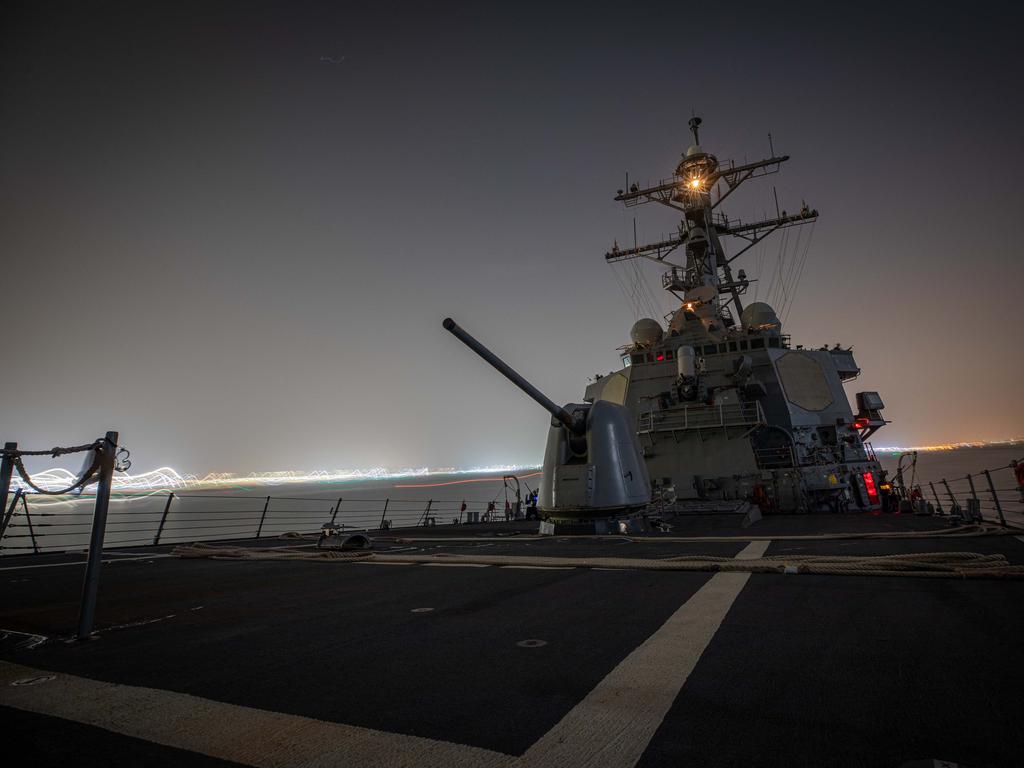

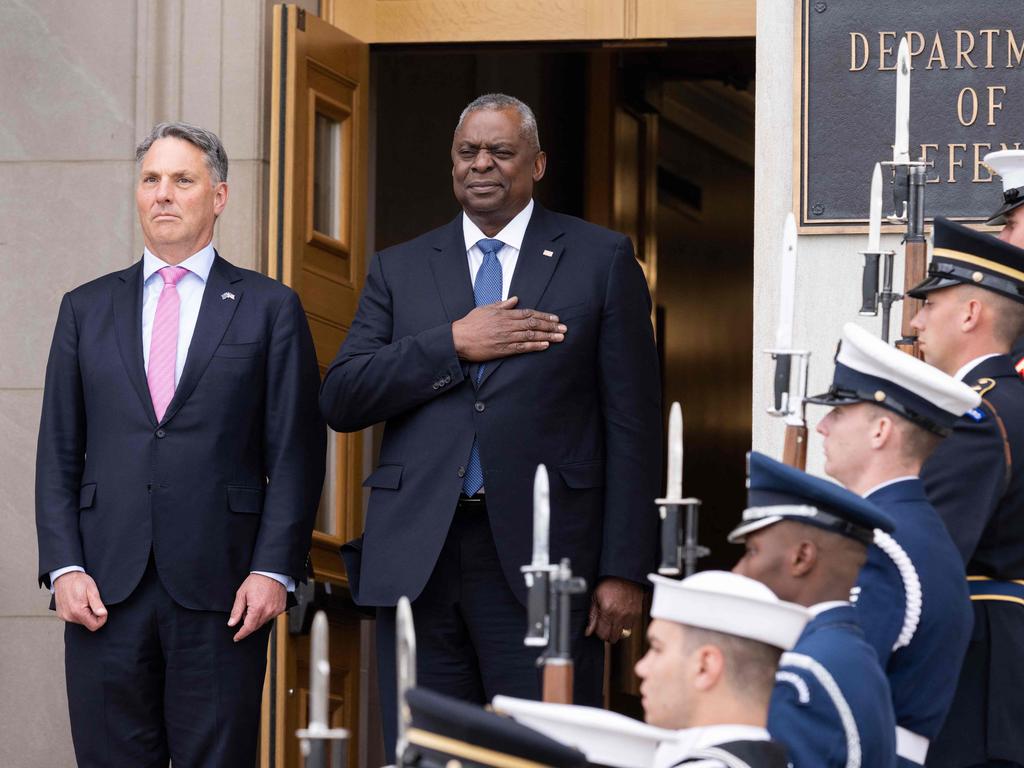


The Albanese government is losing its way on principle and high politics. There is no worse mistake for a government than confusion and irresolution on an issue of war policy. Yet this is happening – Labor looks equivocal, electorally intimidated and lacking conviction on the Israel-Hamas war.